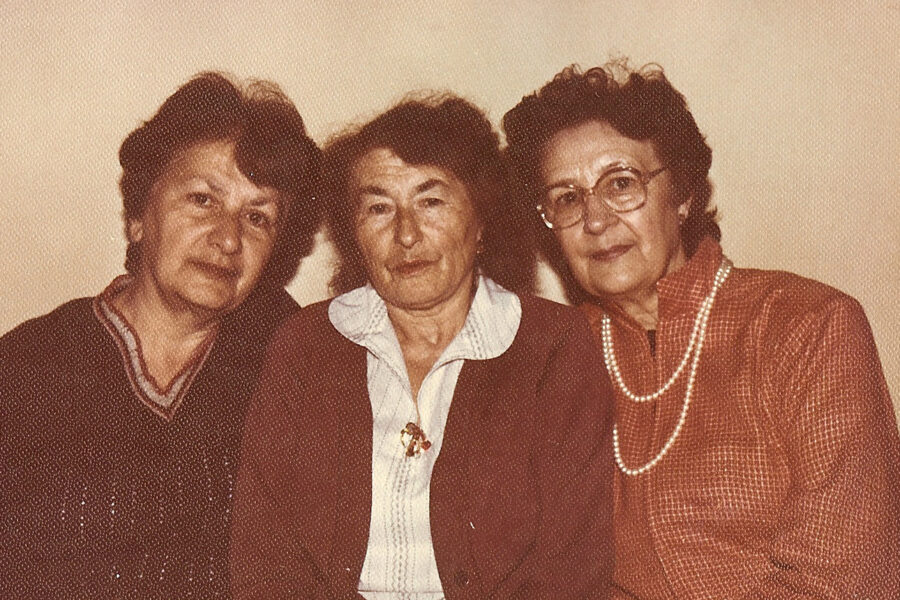I was born Alik Meyerson on July 17, 1938, in the town of Dzhurin, located in the Vinnitsa district of Ukraine. My parents were Shimon and Ita (Gelfor) Meyerson. I had one sister, Faina, born in 1937. We lived with my maternal grandparents, who had ten children, nine boys and one girl. My mother, Ita, was their youngest child. Mother was a seamstress, and my father was a carpenter. Like many others in the town, he worked at a local sugar refinery. I was too young to have any memories of life in Dzhurin before the German invasion of the Soviet Union on June 22, 1941. My father was drafted into the Red Army and subsequently was declared missing in action.
On July 22, 1941, the Germans captured Dzhurin, and persecution of the Jewish population, an estimated one thousand individuals, began soon afterward. Jews were ordered to designate their homes with the Star of David and to wear a special armband. The Germans placed the town under the administration of their Romanian allies, who established a ghetto run by a Jewish council and by Jewish police. The ghetto was in a local school building that was surrounded by barbed wire. My grandmother did not want to go to the ghetto, but after being beaten she complied. I still remember her bloody face. Conditions in the ghetto were terrible, with overcrowding, hunger, and illness. My mother and grandfather died in the Dzhurin ghetto. They were among some five hundred local Jews and refugees who also perished there. I believe that my mother and grandfather died of starvation and exhaustion. After their deaths, our grandmother took care of my sister and me in the ghetto.
I was very young when I lived in the ghetto, but I remember being in a large room, perhaps an auditorium. I remember the cold and constant hunger. I also witnessed the dead being put onto a cart and taken away. Even small children like my sister and I had to work at such tasks as cleaning snow, and no one was allowed to leave the ghetto. I recall playing with other children even in that horribly oppressive environment. My sister, our grandmother, and I remained in the Dzhurin ghetto until its liberation by the Red Army on March 19, 1944.
My grandmother died in Dzhurin at age one hundred four. Of her nine sons, only three survived the war. My grandmother went to the railway station nearly every day for two years in the vain hope that some or all of her children who were missing in action during the Great Patriotic War would return.
Ilya Meyerson, Never Heard, Never Forget: Vol. II, 2022






